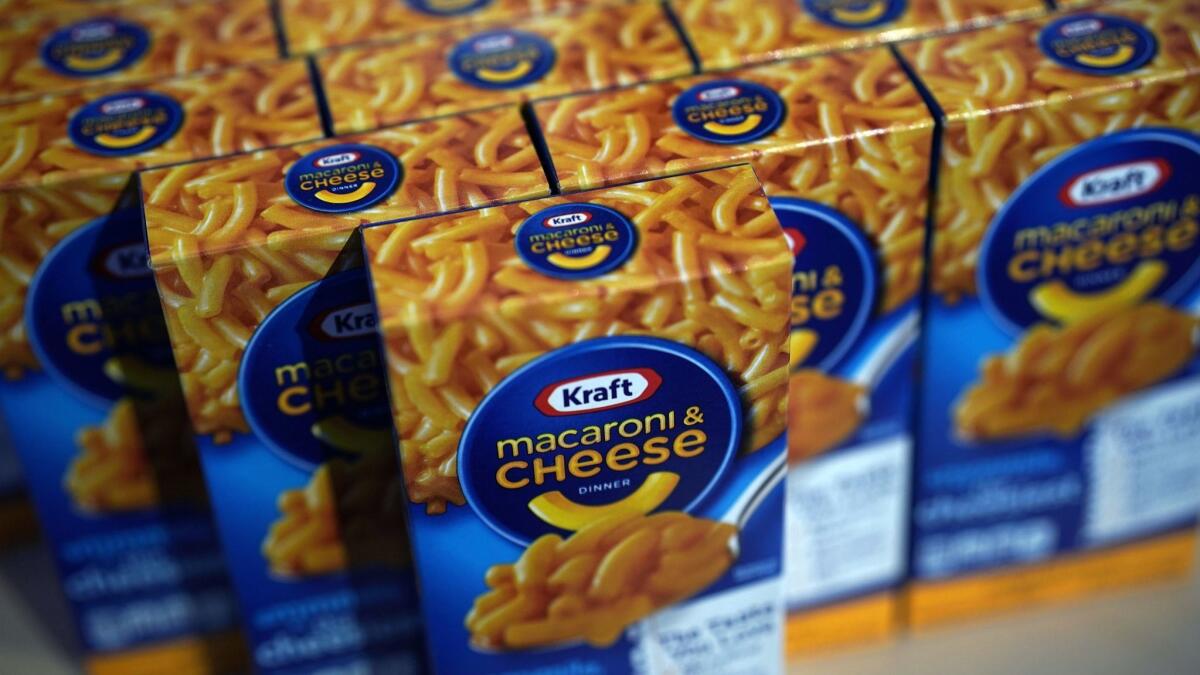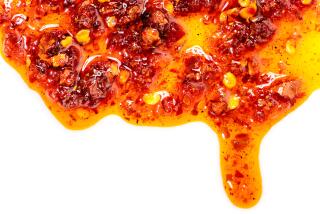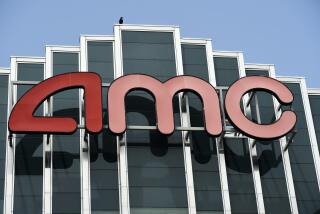Kraft and Oscar Mayer are getting less love, Kraft Heinz admits. Its stock dives 27%

Kraft Heinz Co. plummeted the most on record Friday, the day after writing down the value of some of its best-known brands by $15.4 billion, an acknowledgment that changing consumer tastes have destroyed the value of some of the company’s most iconic products.
The packaged-food giant’s charge to reduce the goodwill value of the Kraft and Oscar Mayer trademarks and other assets came with disappointing fourth-quarter earnings and an accounting subpoena from securities regulators. The charges resulted in a net loss of $12.6 billion, or $10.34 a share.
Kraft Heinz shares plunged 27.5% to $34.95, erasing more than $16 billion in market value.
Formed in a 2015 merger orchestrated by Warren Buffett’s Berkshire Hathaway Inc. and the private equity firm 3G Capital, Kraft Heinz’s portfolio plays mainly in the center of the grocery store. That area has been hit hard by a wave of new competition with the growth of Amazon.com Inc., online grocery-delivery and meal-kit companies, and a shift in consumer interests away from processed goods and toward more health-conscious foods.
The company, led by Chief Executive Bernardo Hees, has responded by trying to spruce up a tired suite of brands — from organic Capri Sun to natural Oscar Mayer hot dogs. But the bigger question in the mind of investors has been management’s ability to pull off the large, transformative deals that shareholders crave.
Kraft Heinz tried to purchase Unilever in 2017 in a move that would have enabled management to do what it does best: slash overhead costs. But Unilever rebuffed the $143-billion deal, and Kraft Heinz shares have since lost about half their value as investors wait for the next big move.
“Persistently weak organic sales growth generated by Kraft Heinz’s stable of branded cheeses, meats and coffee products has begun to weigh on its industry-leading operating margins,” said Kenneth Shea, global food and beverage analyst with Bloomberg Intelligence. “Management’s plan to shore up sagging cash flow and reduce debt leverage through reduced dividend payout and asset sales is a sign of the urgency to restore growth.”
The Food Marketing Institute, which has tracked food retail consumer trends for more than 40 years, reports that fresh foods and personal wellness are top priorities for U.S. grocery shoppers and retailers.
In its 2018 research reports on consumer and retail trends, FMI found that grocery shoppers have moved away from the convenience of packaged foods with long shelf lives and now lean toward choices they see as healthier. Shoppers want more transparency about how their food is prepared and tend to focus on front-of-package claims that tout health benefits, minimal processing and ethical practices, it found.
Data from FMI’s 2018 industry survey representing 33,300 stores found that retailers are following the wellness trend and are benefiting from investments in locally sourced foods, freshly prepared deli items, organic products and fresh meats and produce — bad news for Kraft Heinz’s packaged staples.
Kraft Heinz’s fourth-quarter earnings, reported Thursday after the close of markets, missed even the lowest analyst estimate. The company also flagged to investors in its quarterly results a subpoena it received last year from the Securities and Exchange Commission related to its procurement practices. Kraft Heinz said that as a result of an investigation with the help of an outside lawyer, it recorded a $25-million “increase to costs of products sold.”
Berkshire Hathaway’s investment declined from a valuation of about $15.7 billion to less than $11.4 billion as Kraft Heinz shares plunged Friday. Thursday’s announcement marks the second time this year that a Berkshire holding has disclosed unfavorable news after the markets closed, hurting its stock. Apple Inc. trimmed its revenue outlook in January, which pummeled shareholders. That stock has since recovered.
Kraft Heinz will cut its quarterly dividend to 40 cents a share, from 62.5 cents, helping it pay down debt more quickly and adjust to its smaller size after selling some businesses. The company had been paying out dividends at the highest ratio to earnings of its U.S. packaged-food peers.
Europe-based food giants, including Nestle and Unilever, traded down in sympathy Friday, against modest gains in European stock indexes.
Times staff writer Alexa Díaz contributed to this report.






